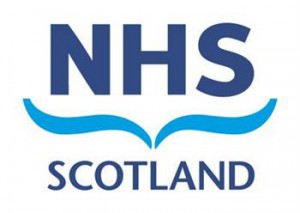
Latest NHS figures show that in 2001 just over 19,000 doses were prescribed but in 2010 this soared to almost 95,000.
The cost to the taxpayer has also rocketed from £115,000 a decade ago to almost £525,000 last year.
Part of the increase is thought to be because more schoolgirls are being given medication.
But despite the rise, there is no fall in teenage pregnancies and abortion rates and cases of sexually transmitted diseases are on the increase.
Norman Wells, of Family and Youth Concern, said: “International research has consistently failed to find any evidence that emergency birth control schemes achieve a reduction in teenage conception and abortion rates.
“The easy availability of the morning-after-pill has encouraged a more casual attitude to sex and exposed them to increased risk of sexually transmitted infections.”
In the NHS Greater Glasgow and Clyde area, 413 girls aged 13 to 15 were given the pill by sexual health clinics last year.
In Dumfries and Galloway the figure was 44, 34 in Lanarkshire, 30 in Ayrshire and Arran, 24 in Orkney, 15 in Fife and two in the Borders.
Tayside said that they do not have figures on the ages of recipients but that a survey between January and March 2009 showed that 52 patients under 16 had received the drug.
The figures for teenagers are likely to be much higher as the NHS statistics only include prescriptions handed out by sexual health clinics.
But the morning-after pill is also handed out by GPs, pharmacists and supermarkets.
A spokeswoman for the Scottish Government said: “Our message to young people is to delay sex until they are ready but we have to ensure they are educated to practice safe sex if and when they become sexually active.
“We are working with NHS Boards and local authorities to ensure that young people receive high quality sex and relationship education.”
A study published a fortnight ago found that giving teenagers the morning-after pill free of charge to try and cut down on unwanted pregnancies had lead to a rise in sexually transmitted diseases.
Since 2001, cases of STDs among under -20s in Scotland have gone up by around 80 per cent.
Experts believe that young women wrongly believe the morning-after-pill protects against diseases such as chlamydia, herpes and gonorrhoea.

